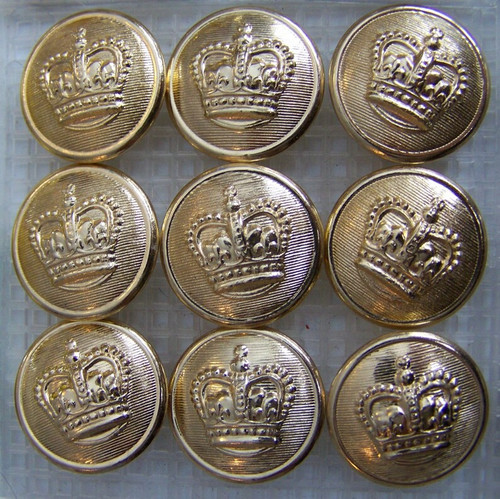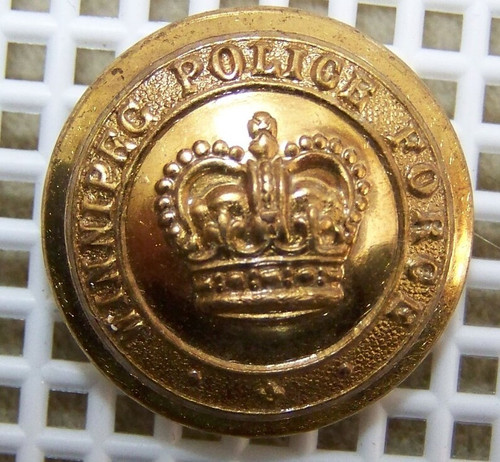This antique horse brass measures about 3 1/2" x 2 5/8".
From the 19th Century.
Actual "horse brass" that has been used on harness on working horses, was not made for strictly home decorative use as may were in the last 60 years.
Good old smooth casting. Has been polished sometime in its life, but we have left the patina it has acquired since that time intact.
Considering the Queen's crown, I'd date it to late in Queen Victoria's reign.
Horse brasses are decorative, brass or bronze ornaments that were historically used to adorn the harness and equipment of horses in various parts of the world, particularly in England and other European countries. They were popular from the 17th to the 19th centuries, primarily during the heyday of horse-drawn transportation and agriculture.
Horse brasses come in various shapes and designs, but they are typically flat, metal plaques with intricate patterns, images, or symbols embossed or engraved on them. These designs often include geometric patterns, floral motifs, mythical creatures, animals, or symbols of luck and protection.
The primary purpose of horse brasses was to add decoration and prestige to working horses' gear, such as harnesses, bridles, and ploughing equipment. They were also believed to have a protective function, warding off evil spirits and bringing good luck to the horse and its owner.
In England, horse brasses were particularly popular among farmers, carters, and carriage drivers. They were often displayed in pairs or multiples, hanging from the horse's breastplate or collar. The way horse brasses were displayed varied from region to region, and some areas developed specific traditions and styles of arranging them.
As horse-drawn transportation declined in the 20th century, the use of horse brasses also waned. However, they have retained their popularity as collectible items and decorative pieces. Today, horse brasses are sought after by collectors and enthusiasts of vintage equestrian memorabilia.








